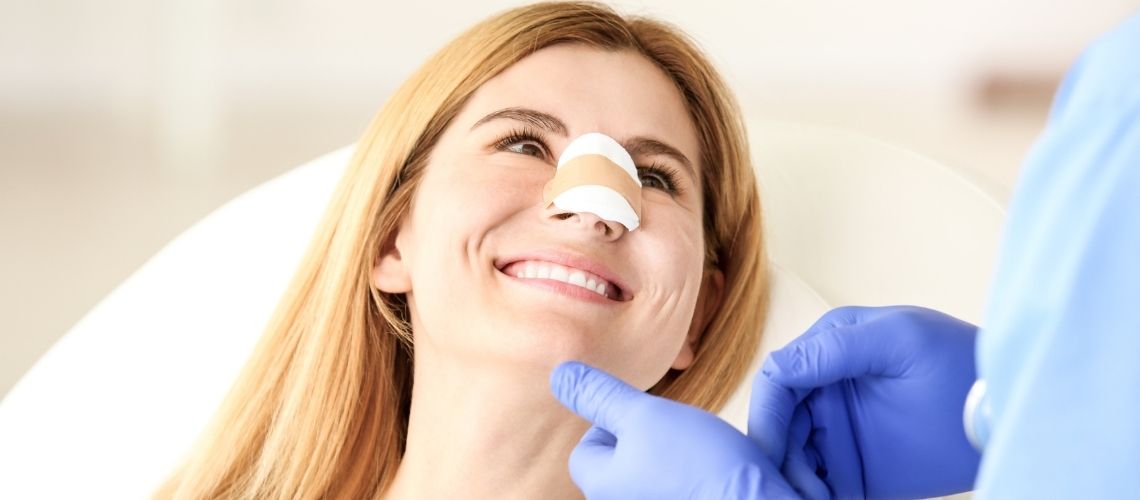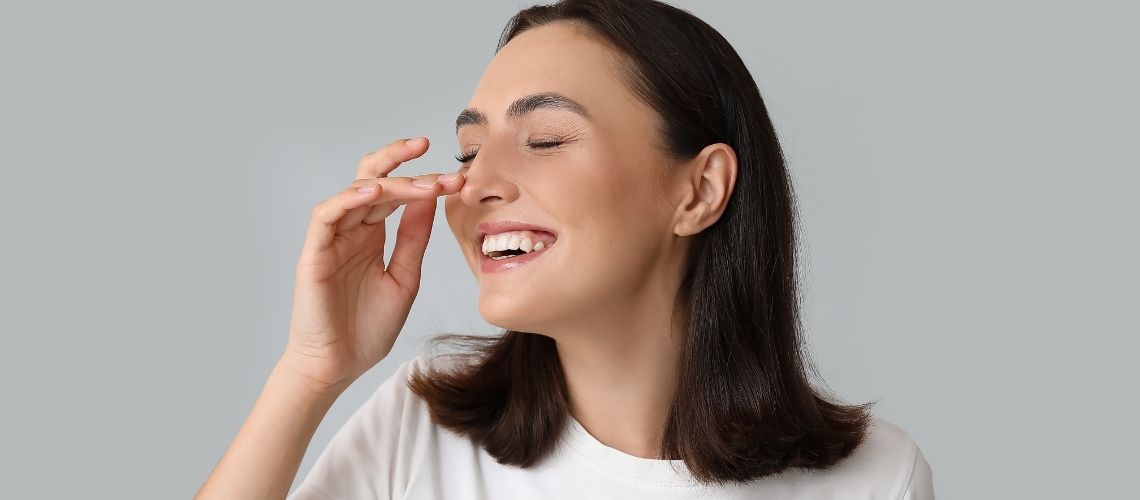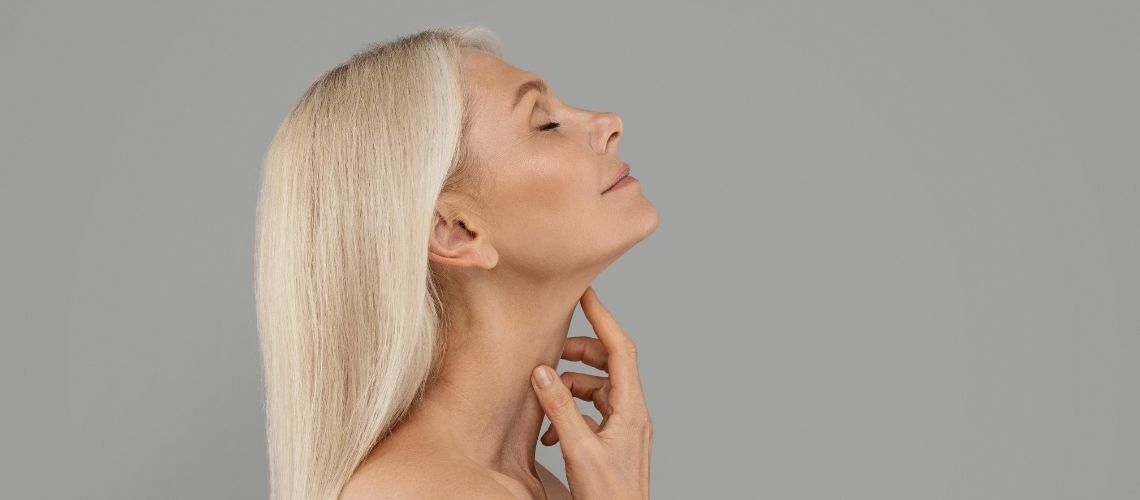Rhinoplasty, a surgical procedure to reshape the nose, is a subject of significant discussion within Islamic law. Islam permits medical interventions to address deformities or defects causing physical or psychological harm, as this aligns with the Shariah principle of removing harm. However, undergoing rhinoplasty purely for aesthetic enhancement, without medical necessity, is generally deemed impermissible. This restriction stems from the belief that altering Allah’s creation without valid justification contradicts Islamic principles. The permissibility of rhinoplasty hinges on the intent and necessity behind the procedure, emphasizing the importance of adhering to Shariah guidelines while addressing individual needs and circumstances.
When is Rhinoplasty Considered Permissible in Islam?
In Islamic jurisprudence, rhinoplasty, a procedure to alter the nose’s structure is considered permissible only under specific conditions where necessity and intent align with the principles of Shariah. Islam prioritizes alleviating harm and preserving human dignity permitting medical interventions that address genuine needs. Rhinoplasty becomes permissible when it serves therapeutic or reconstructive purposes helping individuals overcome physical or psychological distress. Conversely performing the procedure solely for aesthetic enhancement without any underlying necessity is deemed impermissible as it involves altering Allah’s creation without valid justification. The legitimacy of rhinoplasty is thus evaluated based on the intent and necessity involved.
Circumstances when rhinoplasty is considered permissible:
- Addressing congenital defects or deformities
- Reconstructing nasal structure after injury or trauma
- Treating medical issues causing breathing impairments or discomfort
Islamic teachings emphasize the importance of removing harm and restoring functionality. The Prophet Muhammad (peace be upon him) encouraged seeking medical treatment stating, “There is no disease that Allah has created, except that He also has created its treatment.” This hadith provides a foundation for the permissibility of medical interventions including surgical procedures like rhinoplasty when aimed at restoring health or alleviating suffering. Furthermore historical precedents such as the Prophet permitting a companion to replace his lost nose with a prosthetic made of gold support the acceptability of medical treatments that serve therapeutic or reconstructive purposes.
Scholars also differentiate between procedures that address genuine needs and those pursued for purely aesthetic reasons. Surgeries intended to correct physical abnormalities or relieve emotional distress caused by deformities are generally deemed acceptable. For example if a person suffers from a deviated septum causing breathing difficulties or emotional hardship due to noticeable nasal deformities rhinoplasty aligns with the Islamic principle of removing harm. Similarly reconstructive surgery after trauma such as accidents leading to functional impairments or significant disfigurement is regarded as a legitimate medical need.
However surgeries undertaken solely for beautification such as altering a perfectly functional nose to enhance appearance are typically prohibited. Islamic law discourages unnecessary alteration of Allah’s creation emphasizing contentment with one’s natural form unless a legitimate need arises. Scholars caution against prioritizing vanity over the ethical and spiritual principles upheld in Islam.

Prof. Dr. Murat Songu – Rhinoplasty (Nose Aesthetics) Specialist
Prof. Dr. Murat Songu was born in 1976 in Izmir and completed his medical education at the Ege University Faculty of Medicine. He then completed his residency training in the Department of Otorhinolaryngology at Celal Bayar University. Between 2005 and 2006, he received advanced training in rhinoplasty, functional nasal surgery, and skull base surgery in Bordeaux, France, working with leading rhinologists such as Prof. Vincent Darrouzet and Dr. Guy Lacher.
Prioritizing natural appearance, the preservation of breathing function, and facial aesthetic harmony, Prof. Dr. Songu is nationally and internationally recognized for his expertise in open rhinoplasty, piezo (ultrasonic) rhinoplasty, revision rhinoplasty, tipplasty, and functional septorhinoplasty. He has participated as an instructor and speaker at numerous rhinoplasty congresses worldwide.
With over 100 scientific publications, book chapters, and more than 1700 citations, Prof. Dr. Murat Songu is one of Türkiye’s most respected academics in the field of rhinoplasty, combining natural, facially harmonious, and functional results with scientific and aesthetic excellence.









